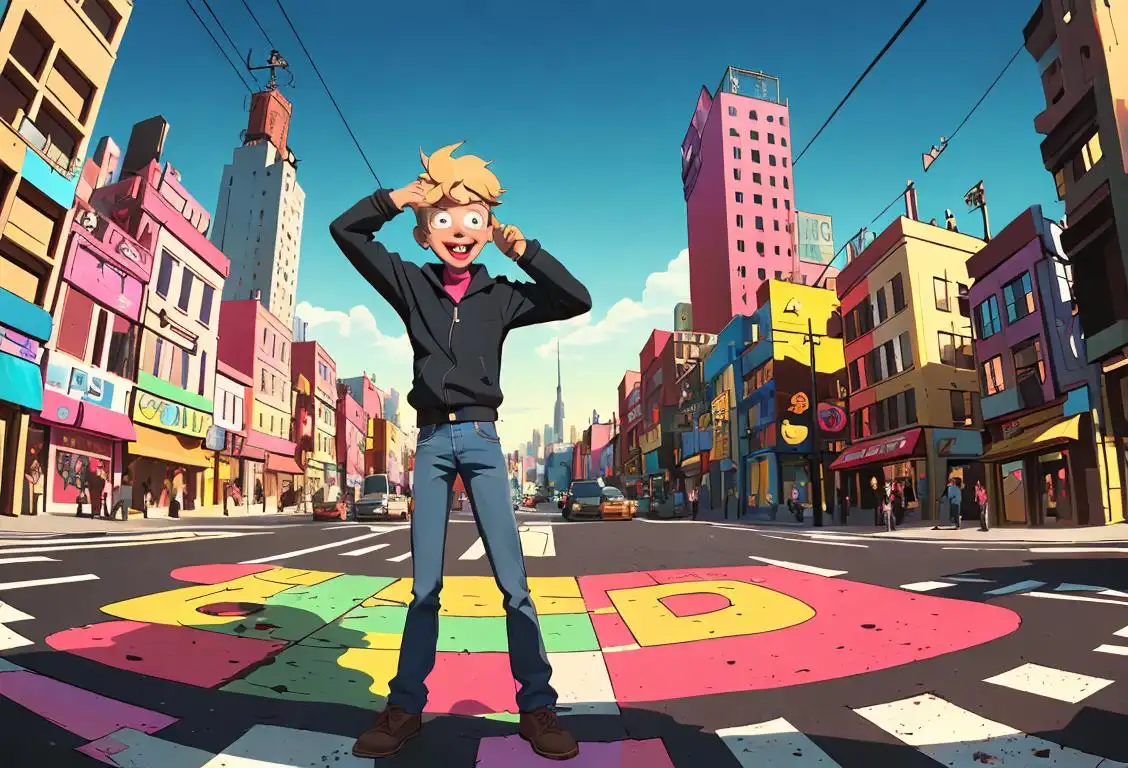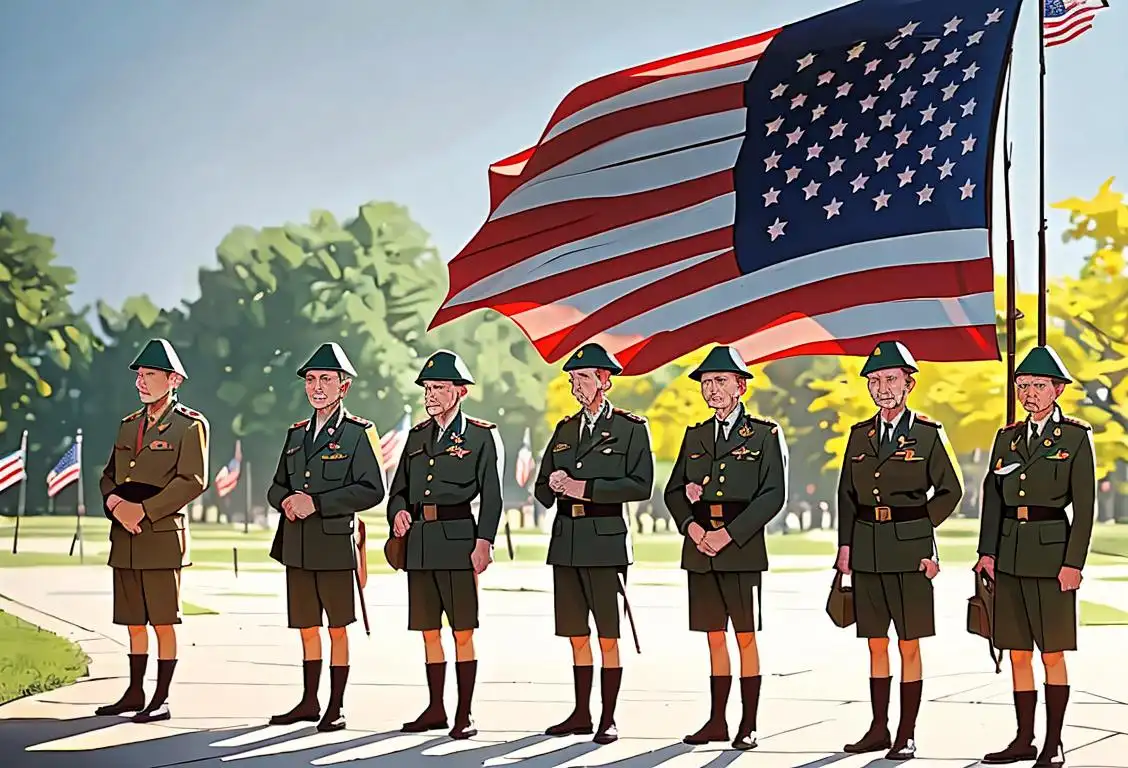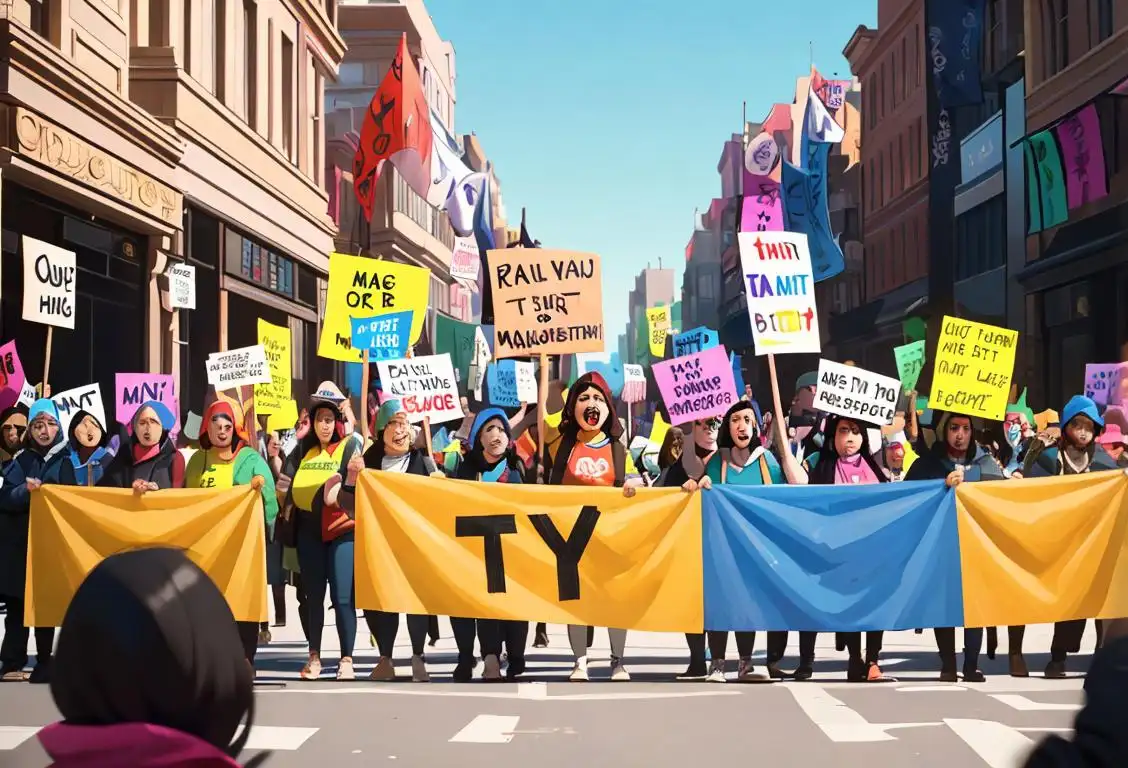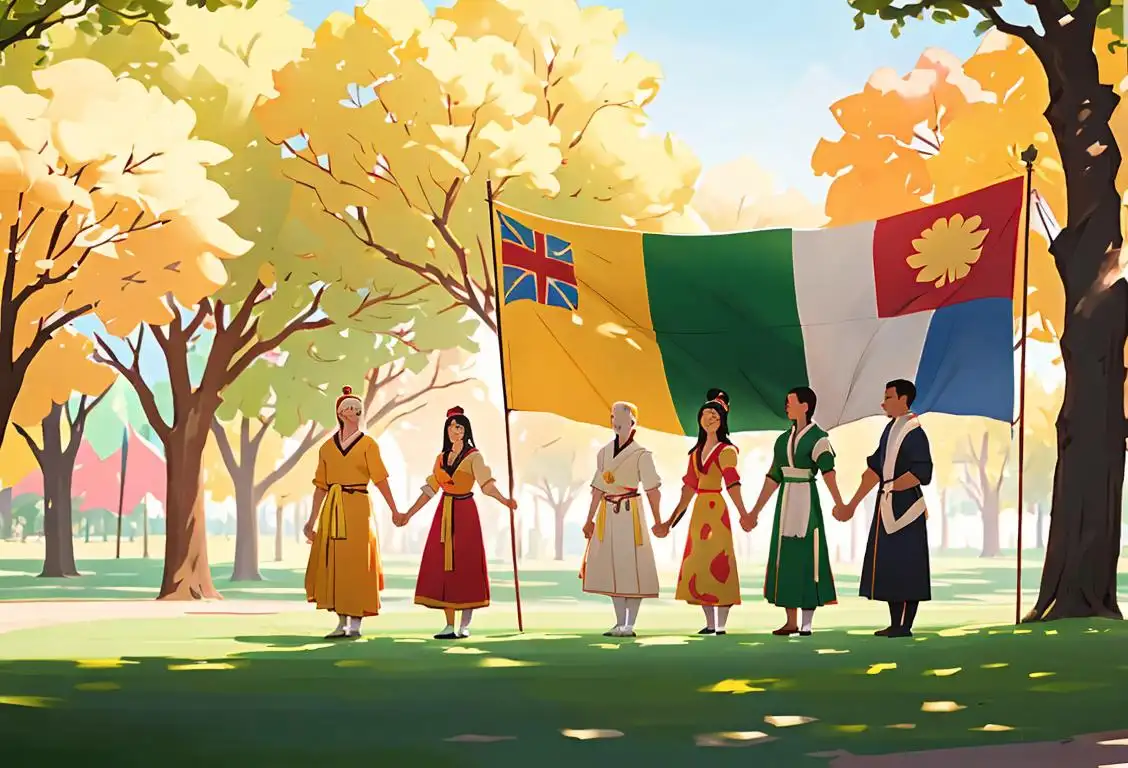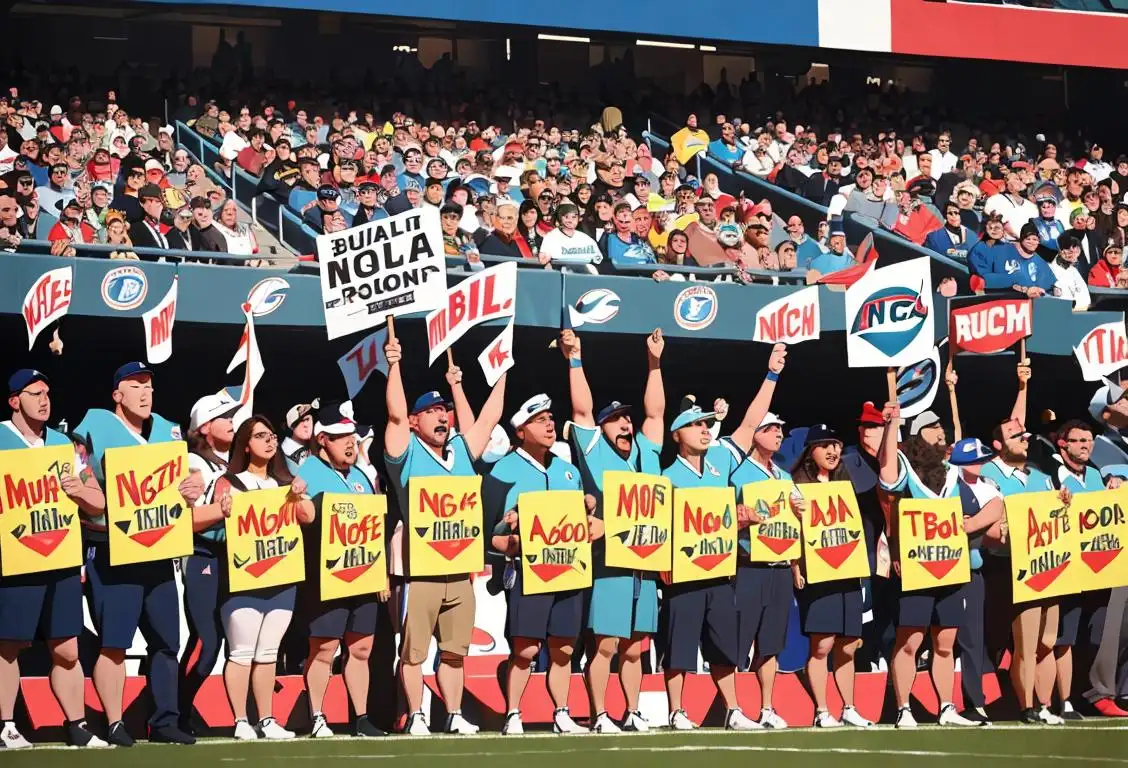National Trafficking Day
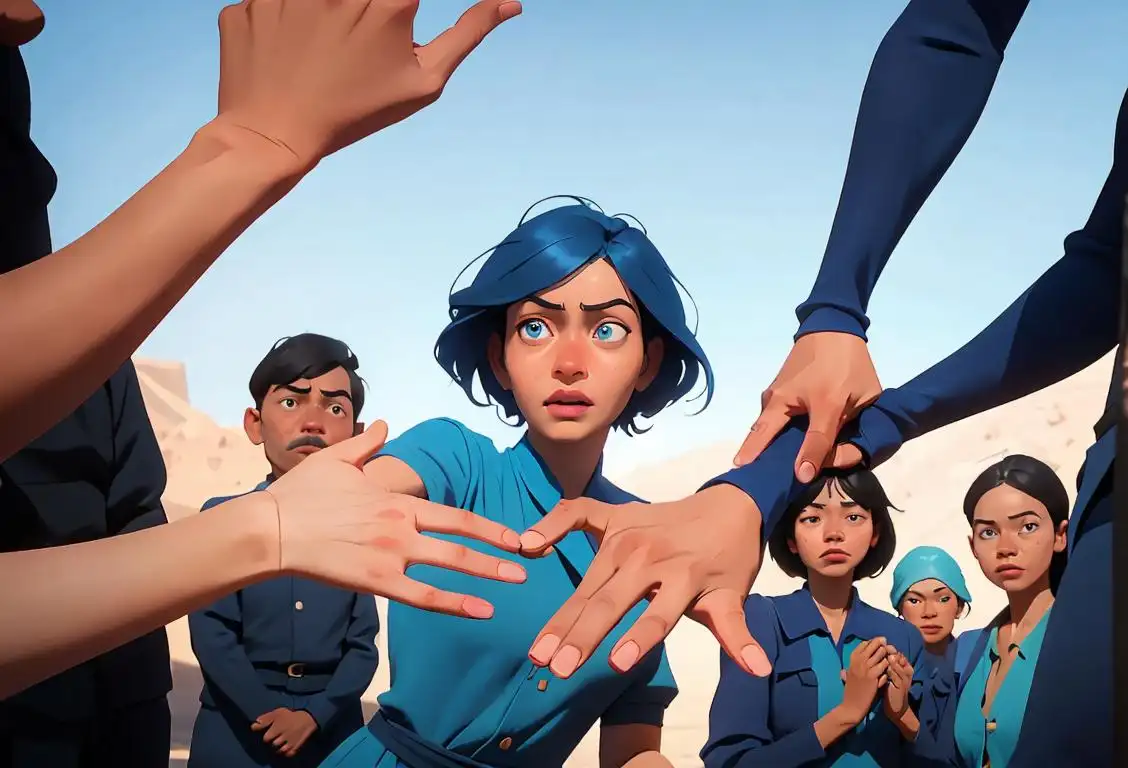
Welcome to the fascinating world of National Trafficking Day! Today, we dive into the online history of this important day dedicated to raising awareness about trafficking and its impact. Prepare to be enlightened and perhaps even inspired to take action!
When is Trafficking Day?
It's national trafficking day on the 30th July.
Internet History of National Trafficking Day
On this day, numerous online platforms buzz with discussion and information about trafficking. From social media to news articles, people come together to share stories, resources, and initiatives aimed at combating this global issue.
The internet has played a significant role in shedding light on the dark corners where trafficking thrives. Thanks to online campaigns and organizations, awareness has spread far and wide. Websites and community forums have become safe spaces for survivors to share their stories, provide support, and connect with others who have gone through similar experiences.
In recent years, National Trafficking Day has gained traction on social media with hashtags such as #EndTrafficking and #StandAgainstTrafficking. These tags enable people to join the conversation, lend their voice, and show support for victims and survivors. It's a powerful reminder that everyone can make a difference, even from behind the screen.
Moreover, online resources provide essential information about how to identify potential trafficking situations, recognize the signs, and report suspicious activities. Organizations, both governmental and non-profit, harness the power of the internet to disseminate educational material and equip individuals with the tools needed to effectively combat trafficking.
Did You Know?
Did you know that the internet has become a valuable tool for traffickers as well? Traffickers often exploit online platforms to recruit victims, advertise their services, and coordinate illicit activities. However, law enforcement agencies and technology companies are constantly working together to track and combat these digital networks, making the internet a battleground for justice.
History behind the term 'Trafficking'
1258
Emergence of the term 'traffic'
The term 'traffic' originated in the late 13th century from the Middle French word 'trafique', which meant 'trade' or 'business'. It referred to the exchange and transportation of goods and commodities between different locations.
1920
Introduction of the term 'trafficking'
In the early 20th century, the term 'trafficking' began to be used to describe the illegal or unauthorized trade of goods, particularly narcotics and drugs. It emphasized the clandestine and often exploitative nature of such activities.
1949
UN Convention against Human Trafficking
The United Nations (UN) adopted the Convention for the Suppression of the Traffic in Persons and the Exploitation of the Prostitution of Others in 1949. This marked a significant step in addressing human trafficking as a global issue. The convention aimed to prevent and combat the trafficking of individuals, especially women and children, for various forms of exploitation such as forced labor and sexual slavery.
2000
Trafficking Protocol and the Palermo Protocol
In the year 2000, the UN Protocol to Prevent, Suppress and Punish Trafficking in Persons, especially Women and Children, was adopted. Commonly known as the Trafficking Protocol or the Palermo Protocol, it provided a comprehensive framework to address human trafficking from a legal, preventive, and protective perspective. The protocol highlighted the need for international cooperation and established a definition of trafficking in persons as a crime.
Present
Global efforts against trafficking
In the present day, the term 'trafficking' encompasses a wide range of illicit activities, including but not limited to human trafficking, drug trafficking, arms trafficking, and wildlife trafficking. Governments, international organizations, and NGOs continue to collaborate in raising awareness, implementing laws, and supporting victims to combat all forms of trafficking and ensure the protection of human rights around the world.
Did you know?
Did you know that the internet has become a valuable tool for traffickers as well? Traffickers often exploit online platforms to recruit victims, advertise their services, and coordinate illicit activities. However, law enforcement agencies and technology companies are constantly working together to track and combat these digital networks, making the internet a battleground for justice.Tagged
awareness internet traffickingFirst identified
11th January 2018Most mentioned on
30th July 2020Total mentions
30Other days
Trafficking Day
Where The Hell Am I Day
Vietnam Veterans Day
Content Day
Demonstration Day
Podcast Day
Unity On Day
Friend Day
Boycott Of The Nfl For Day
Disability Call In Day
